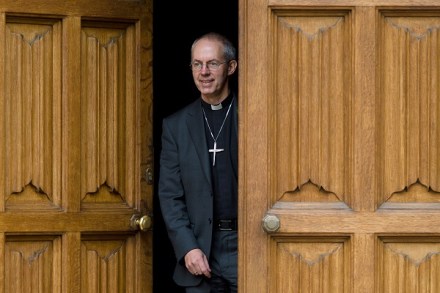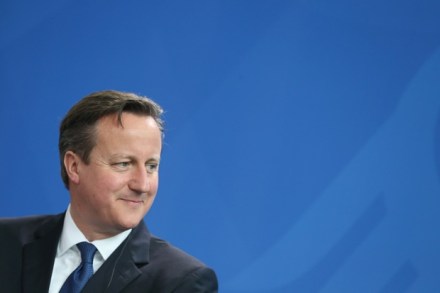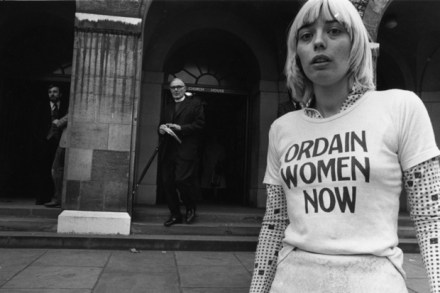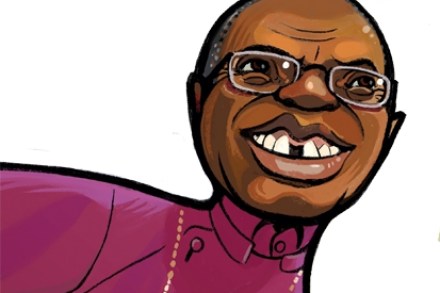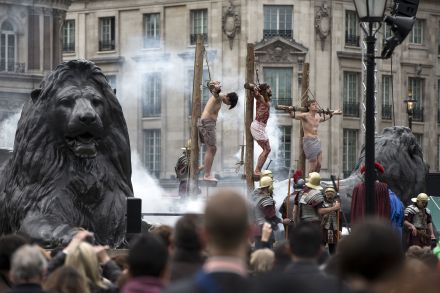The Church of England’s shameful betrayal of bishop George Bell
The Church of England has produced a lot of good men and women, but very few great ones. It is in its modest, cautious nature that it should be so. Greatness requires a lonely, single-minded strength that does not sit easily with Anglicanism’s gentle compromise. And I suspect the Church has always been hesitant and embarrassed about the one undeniably great figure it produced in the 20th century. To this day, George Bell, Bishop of Chichester from 1929 to 1958, is an uncomfortable, disturbing person, like a grim obelisk set in a bleak landscape. Many British people still disapprove of his lonely public denunciation of Winston Churchill’s deliberate bombing of


